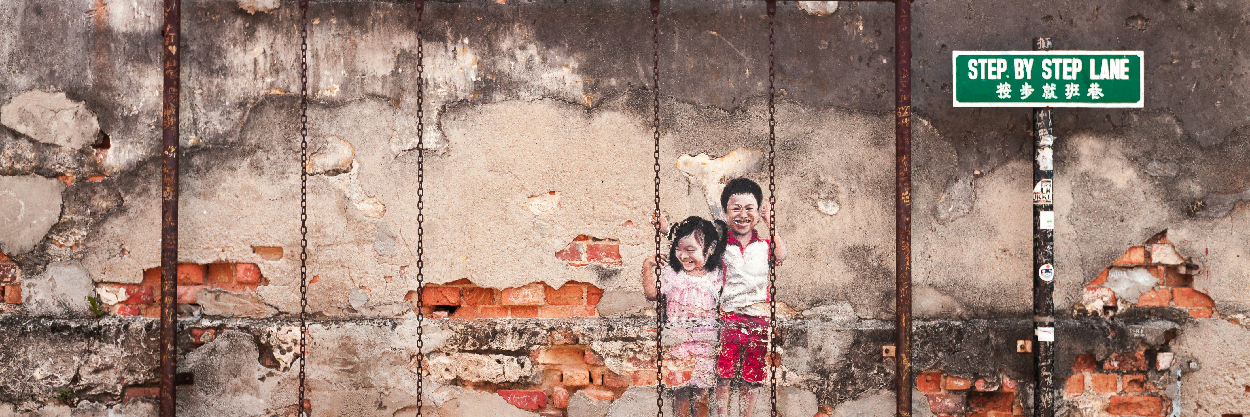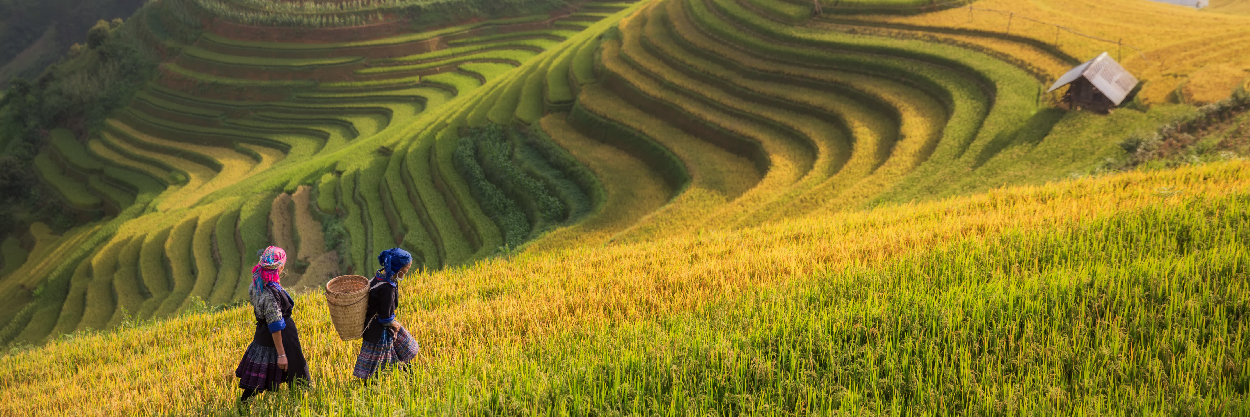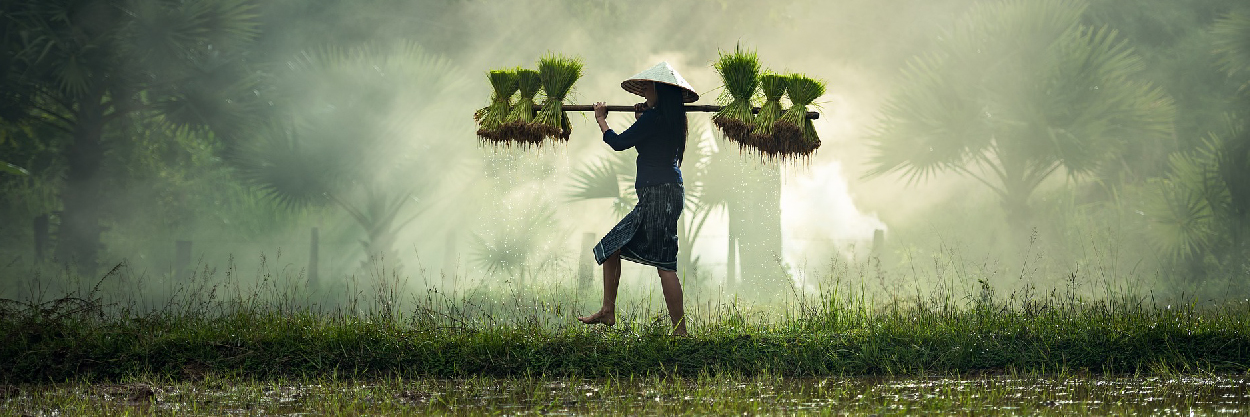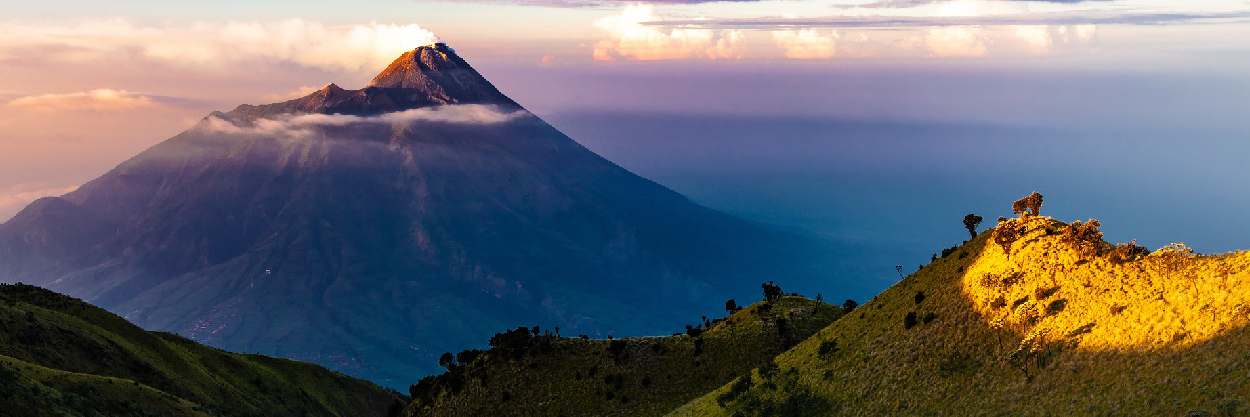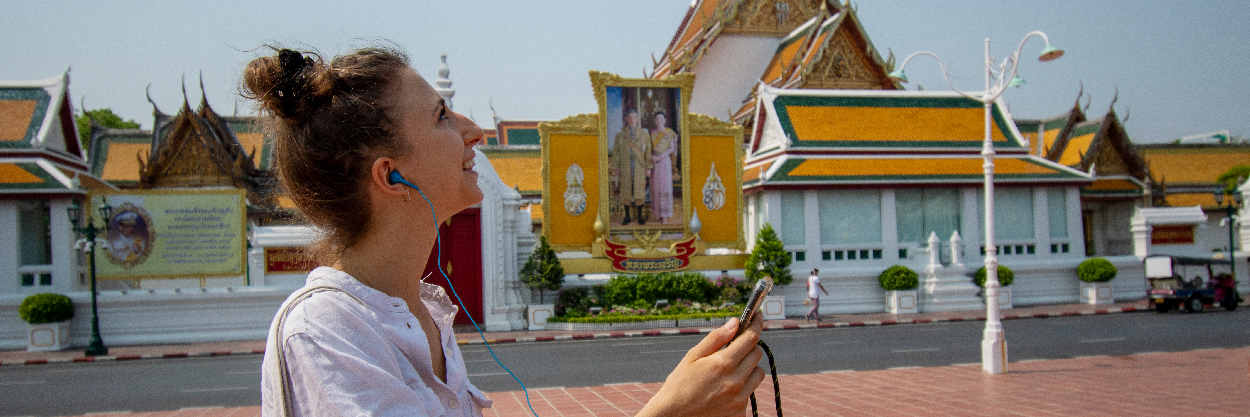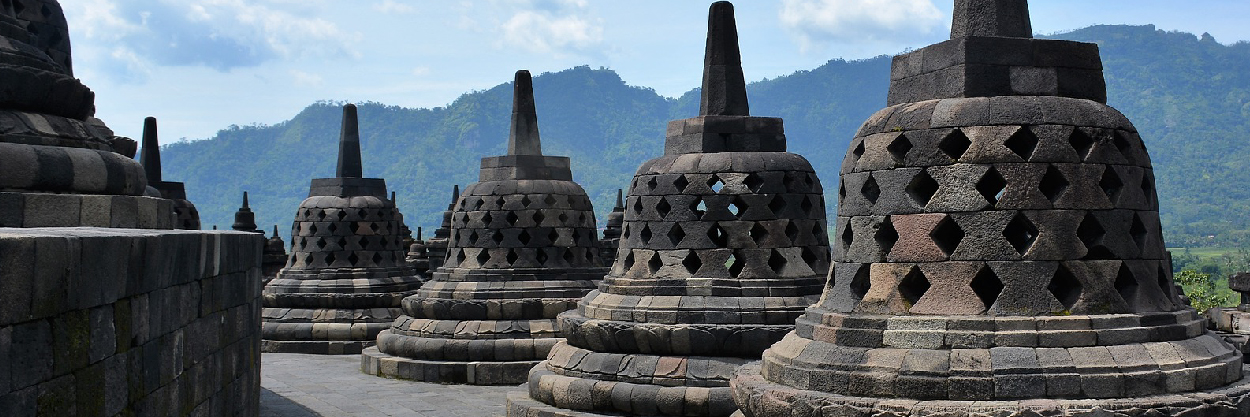Open up the borders!
Open up the borders!
I would have wished that by now, September 2020, we would have a plan for border openings in Asia and would be in full swing preparing for tourist arrivals. Unfortunately, this is not the case.
Most governments in Asia either have no plans at all, or have plans on reviving the tourism industry that will either not work, or not bring any major benefit to the tourism industry and the economy. The full focus is on domestic tourism which brings partial economic recovery to China, but has little impact on the tourism industry or the economy in other Asian countries.
Instead of opening the doors to tourism and putting in place mosquito nets, Asian governments keep doors closed and look out through the peep hole. They have been doing this for the past six months with dire consequences for the tourism industry and the local economies. Our industry is close to collapsing in many countries and millions of unemployed people are trying to survive. The longer this situation drags on, the more dramatic it is going to be.
There is no or little co-ordination amongst any countries in Asia on what border re-openings could look like and what measures could be implemented. It seems ministers are living on secluded island nations without the need to talk to others and sometimes I wonder how dislocated they are from reality.
Recently I have been travelling to many corners of Thailand to see what is happening in the country first-hand, not only in tourism hot spots but also in more remote regions. I can tell you, it is not a pretty picture. With the exception of places within driving distance to Bangkok, tourism areas are ghost towns, shops are not only closed but are empty spaces since owners have completely moved out, restaurants are gone and many hotels are in hibernation. Are any of the ministers seeing this, or are they driving through their countries behind closed limousine windows?
Governments clearly care about their people since many Asian countries have been very successful in containing the spread of the virus and they need to be commended for their decisive action and containment strategy implementation. This would in fact put Asia in a pole position for tourists to return since they would feel safe and comfortable.
But possibly politics are in governments’ way since ministries of tourism have little say and ministries of economy don’t know what to do, resulting in our countries being run by doctors from the ministries of health. They have scared the population so much and don’t know how to handle the fact that the Coronavirus is here to stay and that people need to learn to live with the virus instead of avoiding it at all costs.
We are all waiting for a vaccine to solve this dilemma, but mass population inoculation programmes will take time to implement. We can’t wait for this to happen until governments open borders, or the economic damage will be on a scale none of us can imagine. Misery is around the corner for tens of millions of citizens in Asia.
The Bangkok Post published statistics on suicides in Thailand on the day I wrote this story. Suicides increased by 22 per cent in the first six months of the year to 2,551 people, that’s about 500 more than in previous years. This is almost ten times more than the number of people who have died from Covid-19 related complications in Thailand, where the virus toll amounts to 58 people.
To put this in the perspective of traffic related deaths in Thailand: on average, 200 people die each day on Thailand’s roads. Our chairman Luzi Matzig rightly said: “Are we stopping to drive because of traffic accidents?”
After 101 days of no local Covid-19 transmission in Thailand, a first case re-appeared last week. The media and Ministry of Health became hysterical. Because of one local transmission they immediately stalled any discussion on possible tourism openings. The ‘Phuket Model’ was immediately delayed. I don’t think such a model would have any major impact on the economy, it certainly won’t save the tourism industry, but it would be a welcome step for seasonal retirees to return to the country and it is a model that would be accepted by the people in Phuket who are desperately waiting for jobs to return.
Many governments in Asia have shut down the entire tourism industry and economy for more than six months and they are driving millions into poverty. Out of insane fear? Asian governments should be more mature now having learned from the past months of virus containment and they should focus on implementing virus management strategies.
WTTC has published excellent recommendations to governments on how they could re-open to tourism and what measures they could put in place to manage the situation. There is a certain risk of course associated with such a plan, but it will by far outweigh the economic benefits to a population that desperately needs jobs. Tourism is a crucial contributor to all economies in Asia and not a ‘nice to have’ income on the side.
I call on governments to act urgently to review existing restrictions and prepare for the safe opening of borders by implementing risk management strategies in line with WTTC recommendations. Quarantine restrictions need to be abolished. We need plans with timelines so that the industry can re-start its activities.
We do not need absurd theoretical ideas on border re-opening scenarios and restrictions. No regular tourist will spend two weeks locked in a room in quarantine. No tourist will want to spend holidays in a ghetto.
With consumer insecurity worldwide at a peak due to politics and media dramatisation and with virus containment mismanagement by many governments all over the world, many Asian countries would have a unique chance to prove that they are not only effective in virus containment management, but also in implementing risk management strategies. They would be in a unique position due to the low number of infections and casualties in balancing economic benefits with virus management.
I felt that I did not want to publish one of my travel stories this month and rather update you on what is happening in Asia. Stay tuned in the next weeks for the launch of our Asian Trails Product Cloud 2021, the extension of our flexible deposit and cancellations policies, as well as our carbon compensation programme.


